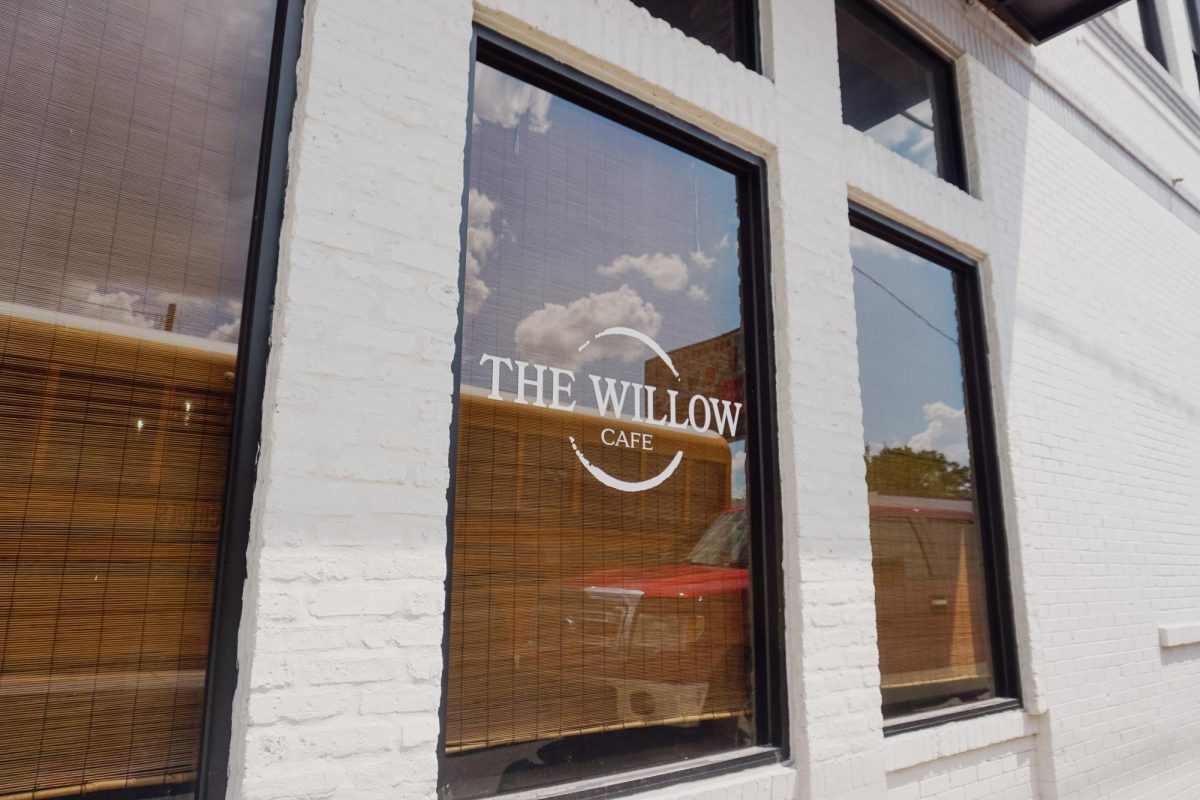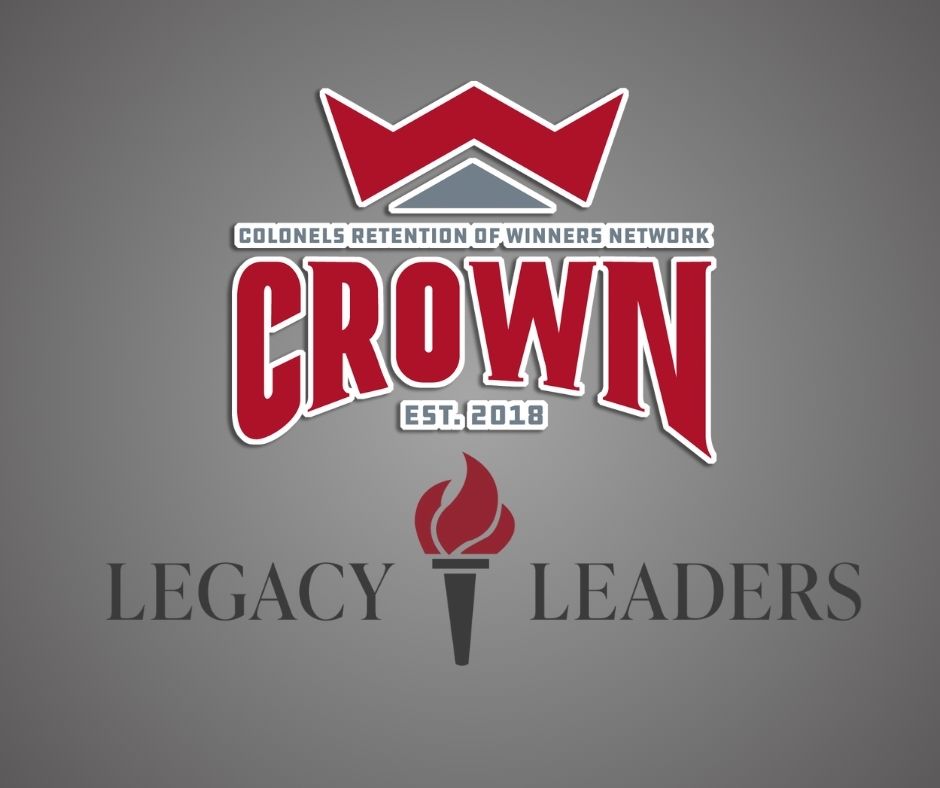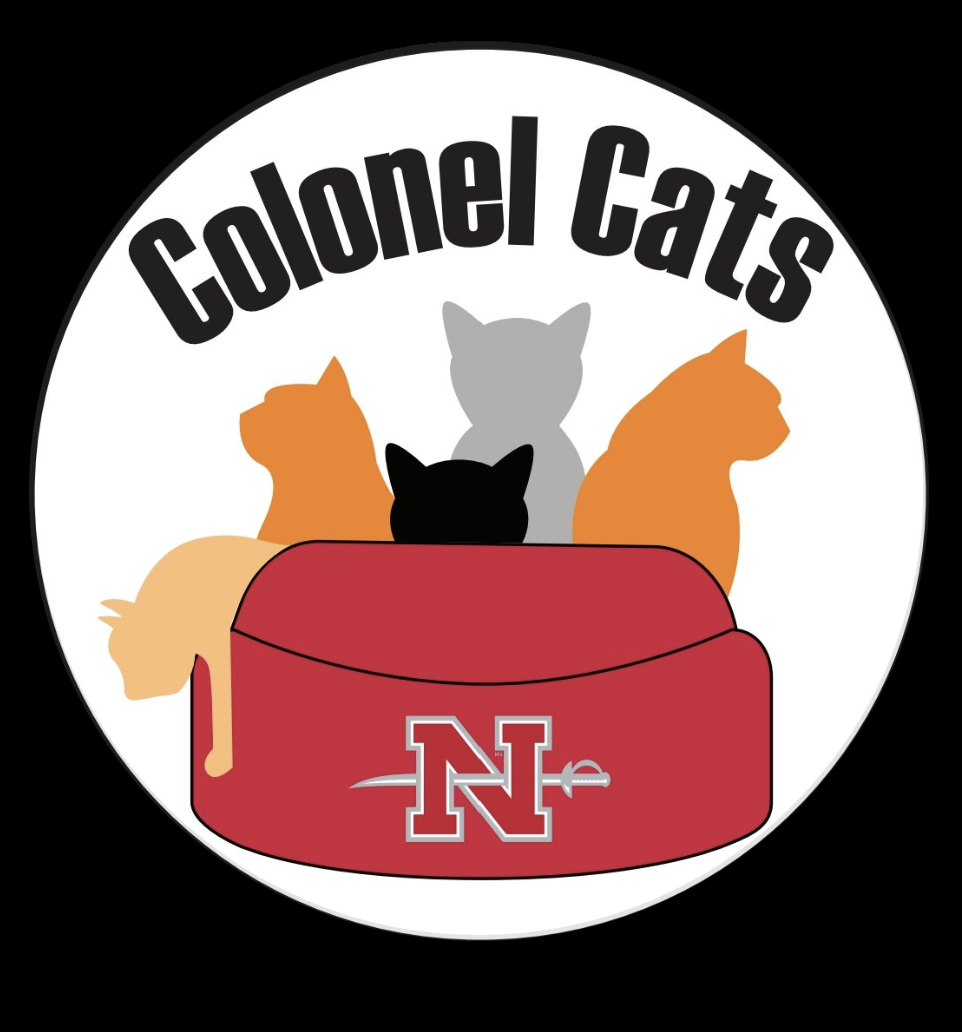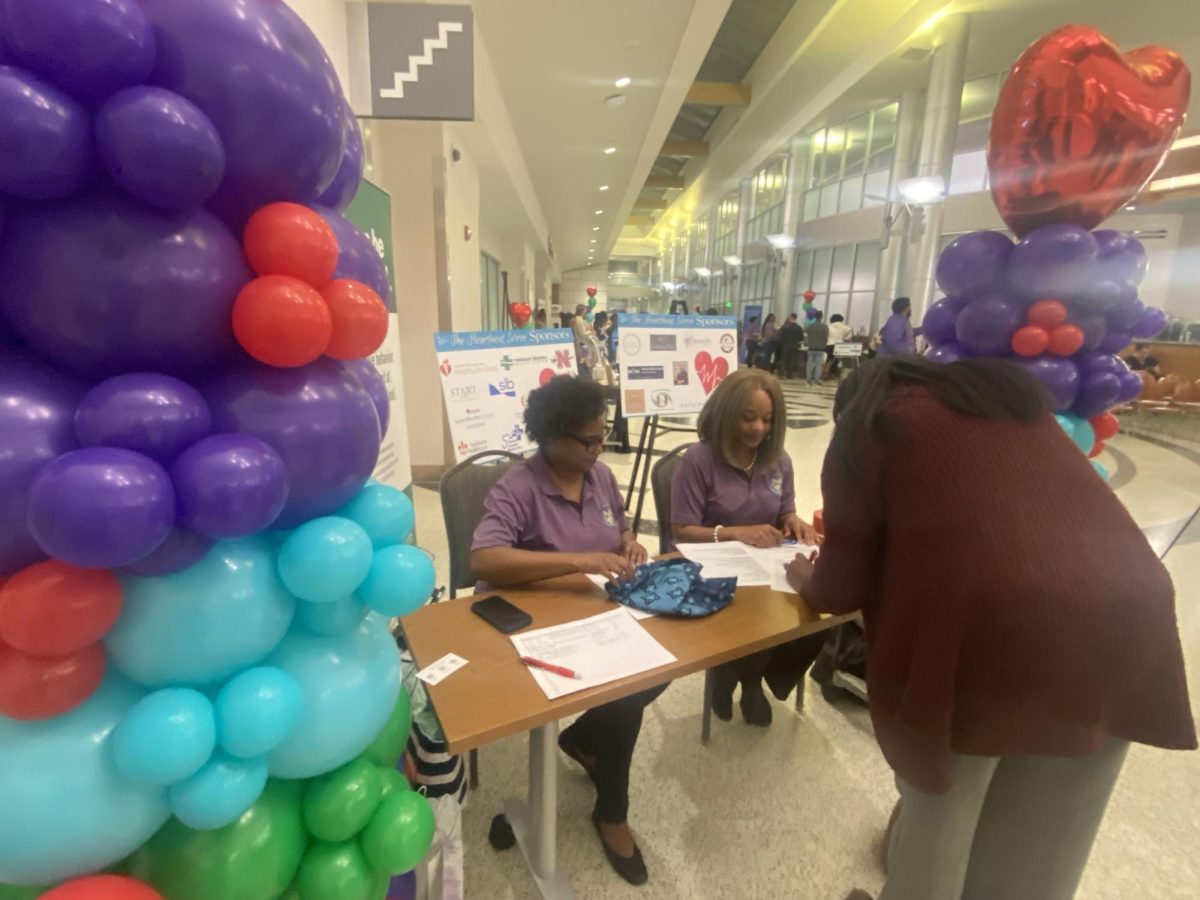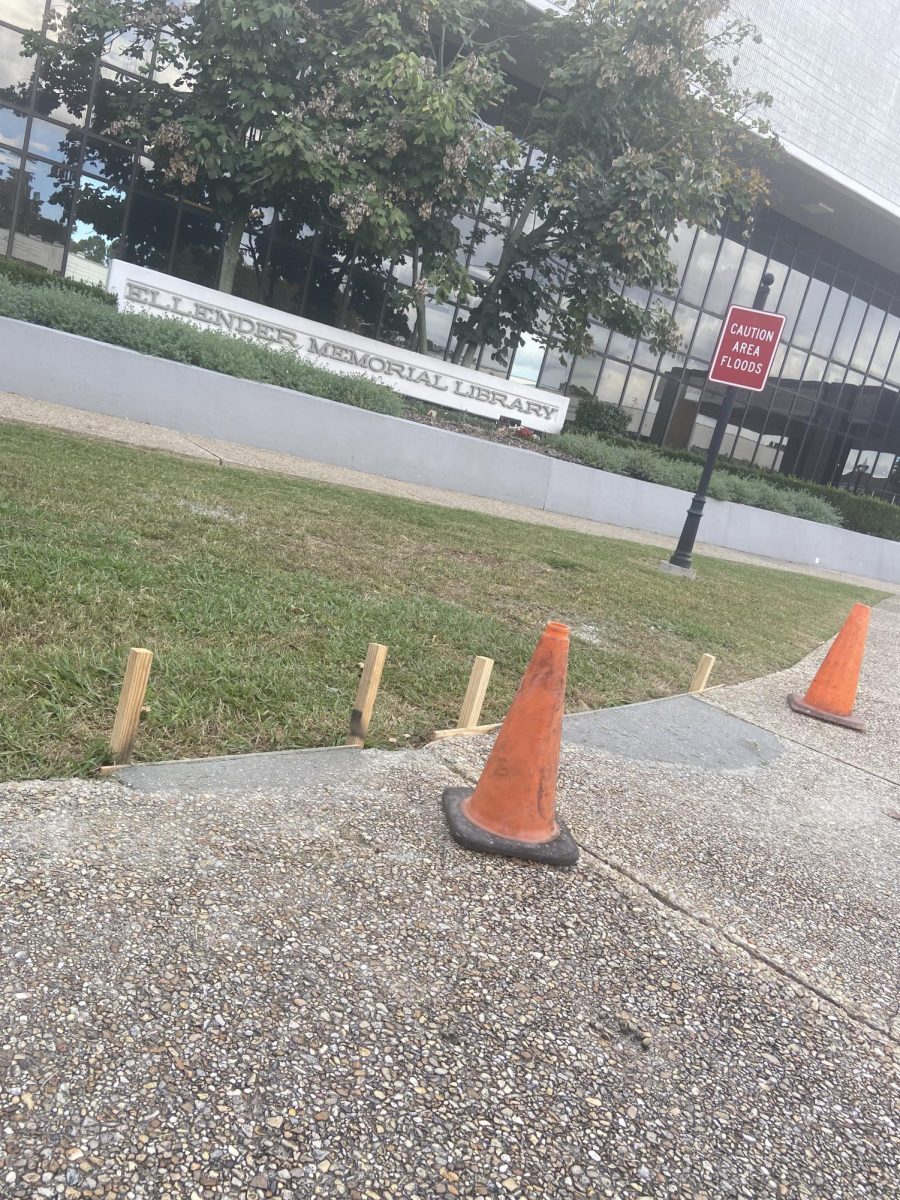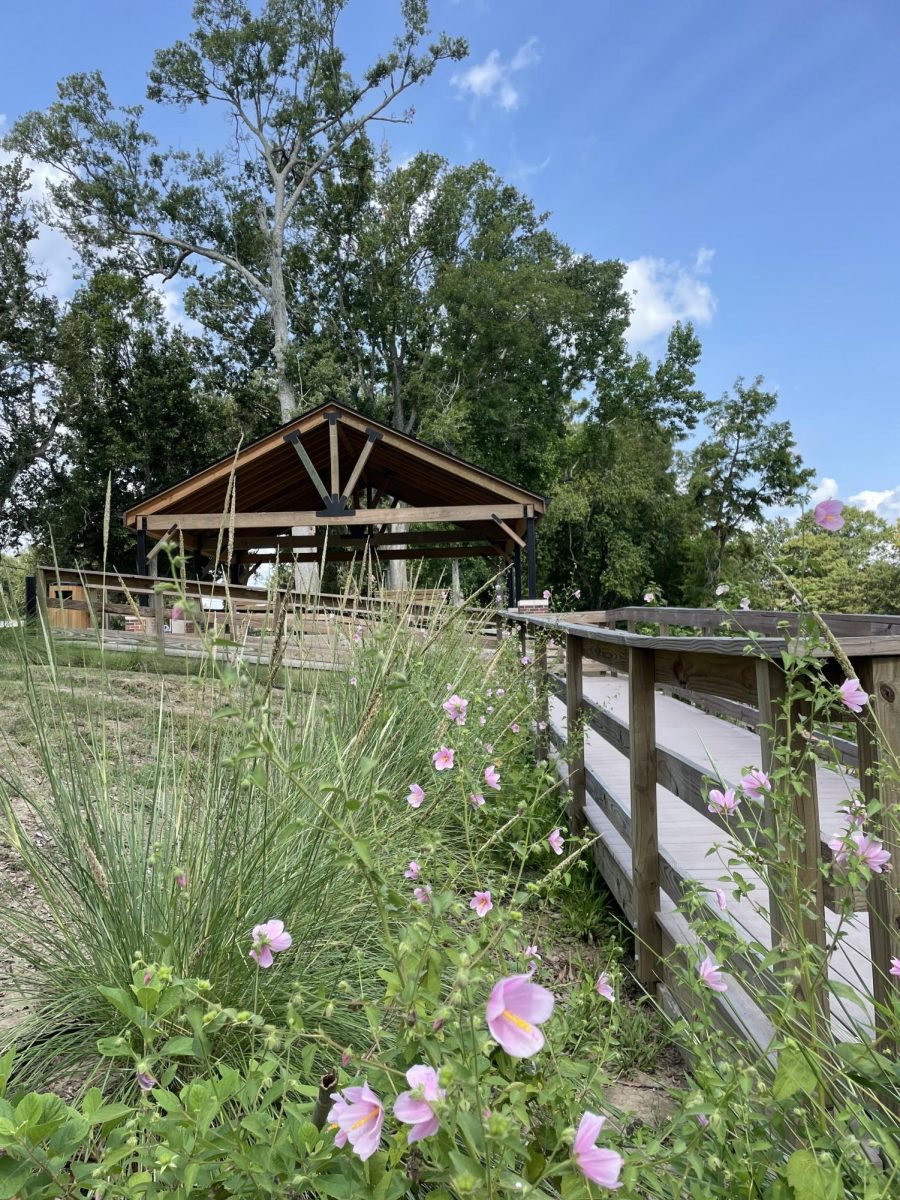Originally from the mountains of Virginia, one English teacher has moved a lot over the years and has finally found his home in southern Louisiana.
Todd Kennedy, assistant professor of languages and literature, did not always think he was going to be an English teacher.
“In high school, I hated English,” Kennedy said. “But when I got to college, I had a couple of great professors who got me really excited about it. I became an English major, went to graduate school, and the rest was history. Once I graduated school for English, teaching is what made the most sense.”
Kennedy earned his bachelor’s degree in English and fine arts with a minor in history at the Virginia Military Institute. Kennedy said that the Virginia Military Institute was exactly what people think of a military school.
“It was a straight up military school,” he said. “Uniforms, physical training, the whole nine yards, but you do not have to commission if you do not want to as long as you decide by your junior year if you are willing and able to start paying your own tuition.”
This, however, was not Kennedy’s idea of school.
“I took one look around the school and was told I had to keep my books in order from tallest to shortest and have my hair cut just like everyone else, and I decided I wasn’t going to commission,” he said. “It was, however, a great experience because it was a small liberal arts school, and I received a lot of great opportunities. The school offered free trips to Washington, D.C. and New York with the English Society, a semester abroad at Oxford and even a chance to be editor of the newspaper there.”
After leaving VMI, Kennedy moved to New York and lived in Greenwich Village for two years while attending New York University to earn his master’s in 20th century literature.
“Those were the most intellectually stimulating years of my life, and it was quite the change from Virginia,” Kennedy said.
Shortly after receiving his master’s from NYU, Kennedy moved to South Carolina to hear his doctorate in 20th century American literature and film at the University of South Caroline.
“I chose the program at USC because I could get half of my degree in film, and I could also get lots of experience in filming,” he said. “Columbia, South Carolina is the capital of suburban wasteland, but living there meant I was less than two hours from Charleston, which is a great city with great beaches.”
After Kennedy received all of his degrees, his journey to Nicholls began.
“I was working as a post doctorate at Tulane, and I was living in New Orleans,” he said. “I met my wife in South Carolina when we were both in graduate school, and she was actually born in Gray and raised in New Orleans, so we had family connections down here.”
Living with his wife’s family close to home was not the only reason Kennedy decided to stay.
“I really love Southeastern Louisiana, so when the chance to get a permanent, tenure-tract job at Nicholls State University came along where I was offered to start as a film minor, it just seemed too good to be true,” Kennedy said.
Before Nicholls, Kennedy had a little jump-start on his teaching career.
“I taught film and English courses while in graduate school at South Carolina,” he said. “I also taught a few film courses at Midlands Technical College in South Carolina. I then worked at Tulane in the English Department for three years before coming here.”
Like most University professors, Kennedy has a normal workday filled with grading papers.
“I drive to Thibodaux, and when I get here, I begin to grade papers,” he said. “Then I meet with students, and I prep for class. After teaching my students for the day, I grade some more. I drive back to New Orleans when I’m finally done for the day, and I go to sleep and get up and do it all over again. I also grade on the weekends. It is a blast, let me tell you.”
Each semester, Kennedy teaches more than one class, and they are all in a variety of majors and minors.
“This semester, I teach English 322, which is American Literature Survey, and English 211, which is an honors seminar that takes an interdisciplinary approach to modernism,” Kennedy said. “I additionally teach 20th century American literature and English composition. In the fall, I will be teaching English 240, which is an introduction to film, and English 340, which is Film Genres specifically involving Westerns. I am also the head of the forthcoming minor in film studies, so I will be teaching 90 percent of the film courses.”
One of Kennedy’s favorite things about teaching at Nicholls is his students.
“I think 18 to 23 is a very exciting, transformative age,” he said. “It is really refreshing to see my students go through that transformation and that excitement and, at least on rare occasions, have a hand in guiding them. I also think the students and the University environment reminds me a lot of my alma mater, and although that comes with pros and cons, I feel like I know and understand my students more.”
Kennedy also enjoys being a faculty member at Nicholls, not only for the students, but also for some of its benefits.
“Being the co-adviser to the English Society really keeps me in touch with the students,” he said. “I would probably also really like the pool if it ever opened back up, and I am also a fan of the fact that I have access to reasonably priced, good food through events with John Folse.”
Kennedy said he would love to do something else in his life, but he could not imagine being anywhere else but here.
“I would love to be a chef, but I am too scared of the hours and the lifestyle, and I am not creative enough to make films,” Kennedy said. “If I could find a way to get paid for watching films or traveling and eating, I would be a fan. In the end though, I love what I do. I do not think I would trade it in for much of anything.”


